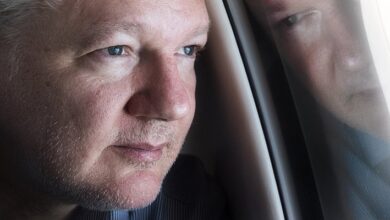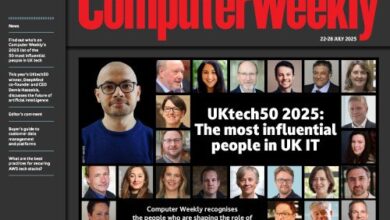Technology’s true test – serving people, society, economy, and the planet

When we talk about technology, we tend to default to speed, power, and scale. Faster processors. Bigger data. Smarter algorithms. But in a world facing complex and connecting challenges – from strained healthcare systems to the climate crisis and rising skills gaps – the most important question is no longer what technology can do. It’s who it serves, how it helps, and why it matters.
Technology is no longer just a tool of convenience – it’s a transformational power. Done right, it becomes a lever for progress across every facet of life – improving how we live, strengthening communities, boosting economies, and helping the planet. This has been TechUK’s mission for the past 12 years – supporting technology for good.
This year’s recipients of the TechUK President’s Awards reflect the impact technology has on people, society, the economy, and the planet. Their work is important not because of what the technology they have created does technically, but because of what it achieves.
Whether it’s improving patient care in the NHS, protecting survivors of abuse, reducing carbon footprints in the IT sector, or turning commercial disputes into collaborative opportunities, these innovators show us that the future of technology isn’t about disruption for its own sake – it’s about intentional progress.
People award
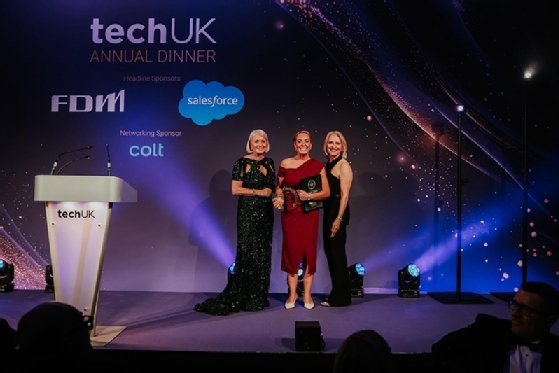
Take healthcare. For years, one of the biggest barriers to better care hasn’t been a lack of medical knowledge, but a lack of access to data, integration, and real-time insight. Now, organisations like ReStart, led by this year’s award winner for People, CEO Lynette Ousby, are providing digital health infrastructure that enables secure, usable data that can empower clinicians, improve patient outcomes, and streamline systems serving millions. The success of platforms like IMX shows that when technology is aligned with human needs, even the most complex institutions can become more effective.
Beyond that, the innovation of technology should benefit our society. Trust, safety, protection, and empowerment should be core pillars in our age of advancement. So, the rising adoption of digital tools by police forces and social services reflects a growing understanding that innovation isn’t just about efficiency but about accessibility, especially for the vulnerable.
Society award
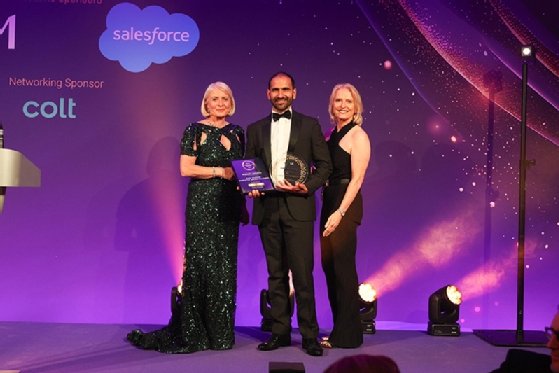
Society award winner Razi Hassan, co-founder of the Domestic Abuse Alliance, has developed WeProtect to create new pathways for survivors of domestic abuse to obtain legal support quickly and discreetly. This is where technology transcends its wiring and becomes a force to restore agency to those who’ve had it taken away.
Economically, the role of technology is undergoing a critical shift. We have gone beyond automation, or how technology can cut costs, but rather how it can create a more resilient economic landscape that promotes ongoing growth. Across all sectors of the economy, there’s a growing need for tools that support smarter decision-making, internal problem-solving, and cultural adaptability.
Economy award
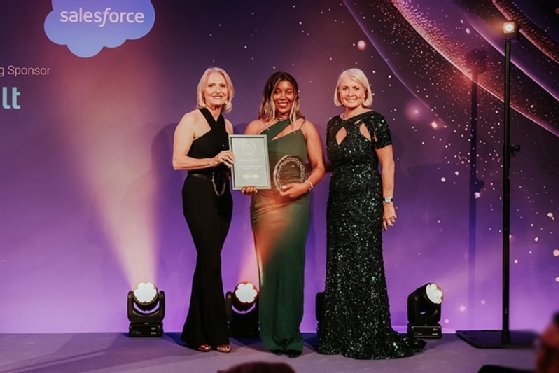
Fayola-Maria Jack, founder and CEO of Resolutiion, is responding to this need with Octavia, an AI-powered platform that transforms how organisations resolve disputes, encouraging smart, internal collaboration rather than costly legal channels. Such an endeavour is why our judging panel wanted to recognise Fayola’s work as the winner of the Economy award.
And then there’s the planet – arguably the greatest test of whether our technologies are fit for purpose. For decades, the tech industry has often existed in tension with sustainability – fast product cycles, resource-heavy infrastructure, and energy demand have put into question how we could preserve the environment while encouraging innovation.
Planet award
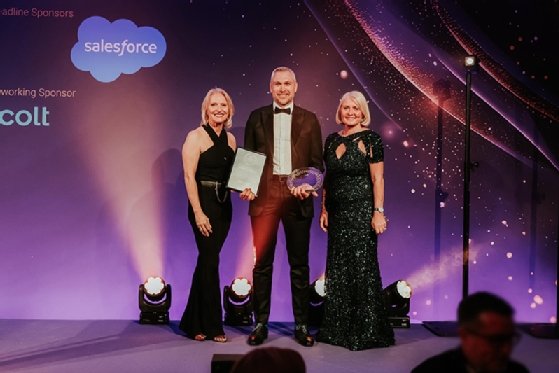
But that’s changing, as evidenced by the work our Planet category winner, Anthony Levy, CEO of Circularity First, is doing. Through the company’s work with clients like BP, Verizon, and the Ministry of Defence, Anthony is redefining what a “smart” IT strategy looks like. Circularity First’s circular IT model promotes reusing, repurposing, and extending the life of tech infrastructure, diverting over a million kilograms of e-waste from landfill. Its carbon-cutting software helps companies track and reduce their emissions, turning net zero from aspiration into an accessible reality.
What all these advances have in common is a shift in mindset. We are moving from a “can we build it?” era to a “should we build it, and for what purpose?” era. Every line of code, every system, every innovation carries with it a set of values. Whether those values prioritise inclusion or inequity, collaboration or control, impact or indifference – that’s a choice.
It’s also why celebrating innovation must go hand in hand with scrutinising its direction. Recognition should be reserved for those who not only create powerful solutions but use them to tackle real-world problems in partnership with people, policy, and planet. This is the mission of the TechUK President’s Awards, and we are so pleased we could recognise the incredible work of our members at our Annual Dinner on 1 July.
As we look ahead, the challenge is not to slow innovation, but to steer it in a direction that prioritises what values it wants to reflect.
Because in the end, the question isn’t whether technology can change the world – it’s whether we can ensure it changes the world for the better.
